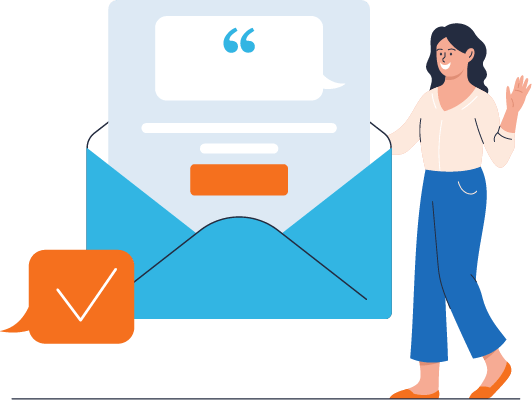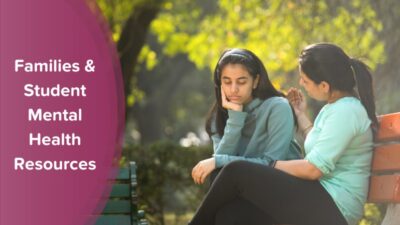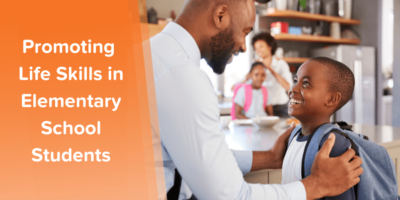By Françoise Lartigue, director of content
A few weeks ago I ran into a good friend whom I hadn’t seen in awhile. Before I could get a word in, she stated “Don’t even ask me how I am doing!”
“Okay” I responded, “So how are you coping then?”
“Ha, ha!,” she said. “Not well and with lots of bad habits. And you?”
“I’m coping okay, but I have to try hard at it every day and that makes me tired.”
It turned out that we both had a few minutes to spare in between our obligations of the day. So we got to talking.
My friend has struggled, like so many, to maintain positive mental health. And after trying to do the work of coping with things on her own, she made the brave decision to seek out medical help. The medication, combined with other coping strategies, was a good fit for awhile. But the stress of the past year became too much at times and she found herself slipping.
After our brief conversation, she revealed that she hadn’t wanted to reach out to her doctor again because it felt like she had failed. “How is figuring out how to feel better a failure?” I responded.
We talked some more. The next week she took the important step of reaching out for more medical help. She is doing better now.
Mental Health Awareness Month
May is Mental Health Awareness Month, focusing this year on amplifying the message that “You Are Not Alone.” If you found yourself relating to any aspect of the story above, you are not alone. According to the National Alliance on Mental Illness, 1 in 5 US adults live with mental health challenges. That’s about 51.5 million people.
Data also shows that about 17% of children age 6-17 years, experience a mental health disorder. Our kids are not alone either.
Started in 1949, the goal of Mental Health Awareness Month has been to raise peoples’ understanding and strengthen their knowledge around mental health. This includes those living with mental or behavioral health struggles. Awareness is a step towards breaking the stigma that many face when experiencing mental health challenges.

National Resources We Offer for ParentPowered Trauma-Informed
One of the most fulfilling parts of developing our Trauma-Informed program has been finding and researching accessible resources to provide families with concrete supports in times of need. Many of the foundational resources in our Community Support Streams are geared towards providing help to those who are experiencing a mental or behavioral health crisis.
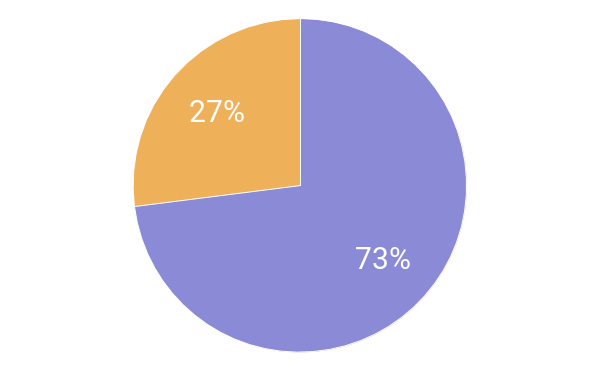
Our data shows that these resources are much needed and used by the families we serve. The fact that these resources are available is a sign of progress. However, in many communities there still remains a stigma around mental health issues and reaching out for support. Additionally, the cost of care and knowing how to access care are common reasons people aren’t reaching out for help.
To make it a little easier for you and those in your life, we’ve curated a list of resources below. They are intended to help you:
- find resources to turn to in crisis,
- deepen your knowledge and understanding of mental health issues, and/or
- build greater mental health awareness in your community.
As always when we provide a list of resources it is not exhaustive, but a place to start. And all are for you to use and share.
Supports for moments of mental or behavioral health crisis
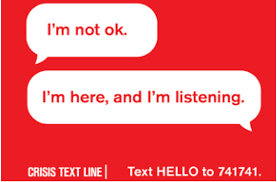
To access a nationwide 24/7 Crisis Text Line, text “HELLO” to 741741 and to be connected directly with a crisis counselor.
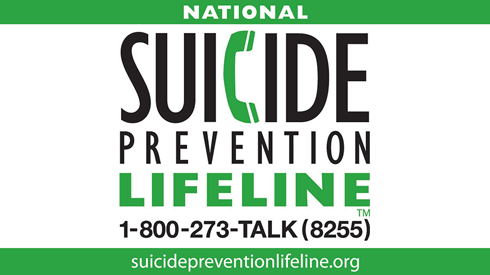
Suicide Prevention Life Line provides an emotional support lifeline to anyone thinking about suicide. For support in English call 1—800-273-8255 and in Spanish call 1-888-628-9454. For additional support lines or to get help via chat visit Suicide Prevention Life Line
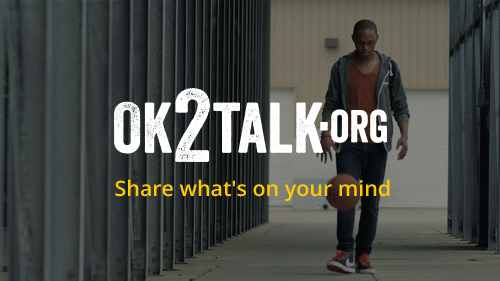
Ok2Talk.org is geared towards providing mental health resources to youth. Includes offering the opportunity for teens and young adults to submit their stories.
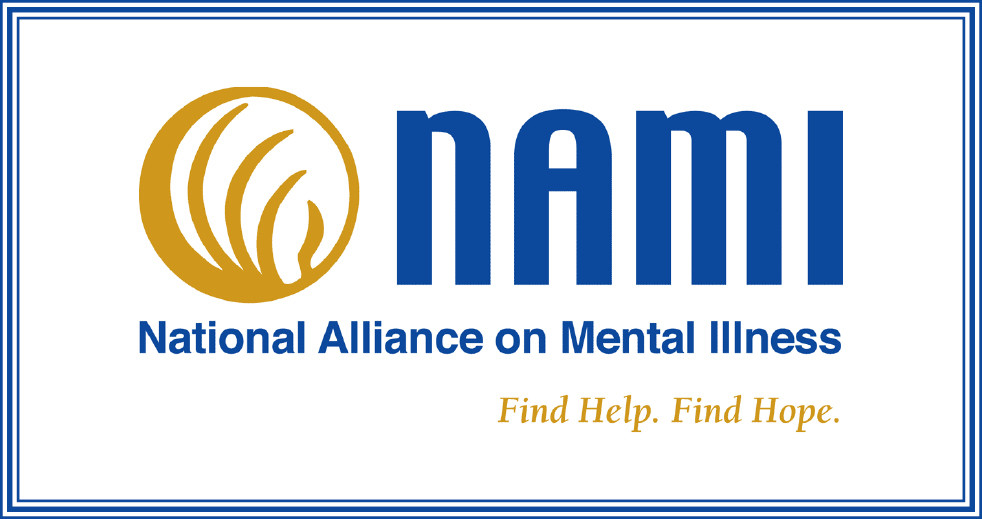
The National Alliance for Mental Health offers a helpline M – Fr, 10 am – 8 pm est. Call 1-800-950-NAMI (6264) to reach a HelpLine volunteer who can answer questions, provide support and give guidance on practical next steps.

The Asian Mental Health Collective offers international resources and crisis lines including one that provides support in Asian languages: call 1-877-990-8585.
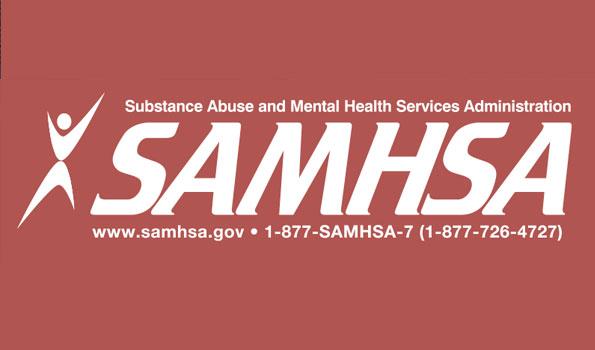
The Substance Abuse and Mental Health Administration (SAMHSA) offers resources to get support or find a treatment facility, visit https://www.samhsa.gov/.
Resources to deepen knowledge and understanding
If you’re new to understanding the importance of self-care as a component of social emotional learning, we invite you to check out our comprehensive article on SEL.
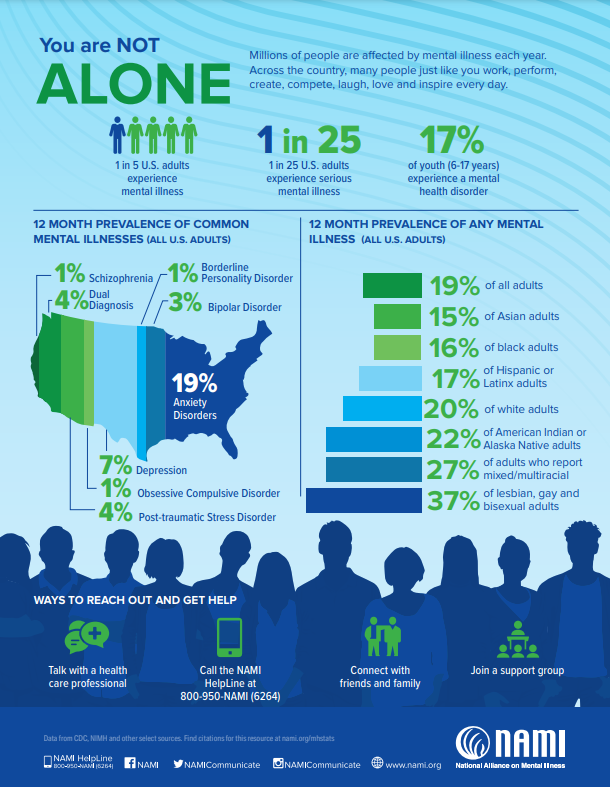
Mental Health America’s 2021 report on “The State of Mental Health in America” offers statistical insight into the crisis we are facing with our youth and adult populations.
The National Alliance on Mental Illness (NAMI) offers a series of valuable infographics to help build understanding of the ripple effects of mental illness and provide support. Included is a video about the 10 warning signs and symptoms of mental illness for both children and adults.
Children and mental health are the focus of this comprehensive series of informational resources from the National Institute of Mental Health.
Mental health myths are debunked with facts in this easy to read resource from MentalHealth.gov.
Mental Health America offers a comprehensive set of infographics and resources to learn more about mental health in the BIPOC and LGTBQ+ communities. Including specific data for:
- Black & African American communities
- Native & Indigenous communities
- Asian American & Pacific Islander communities
- LatinX & Hispanic communities
- LGBTQ+ communities
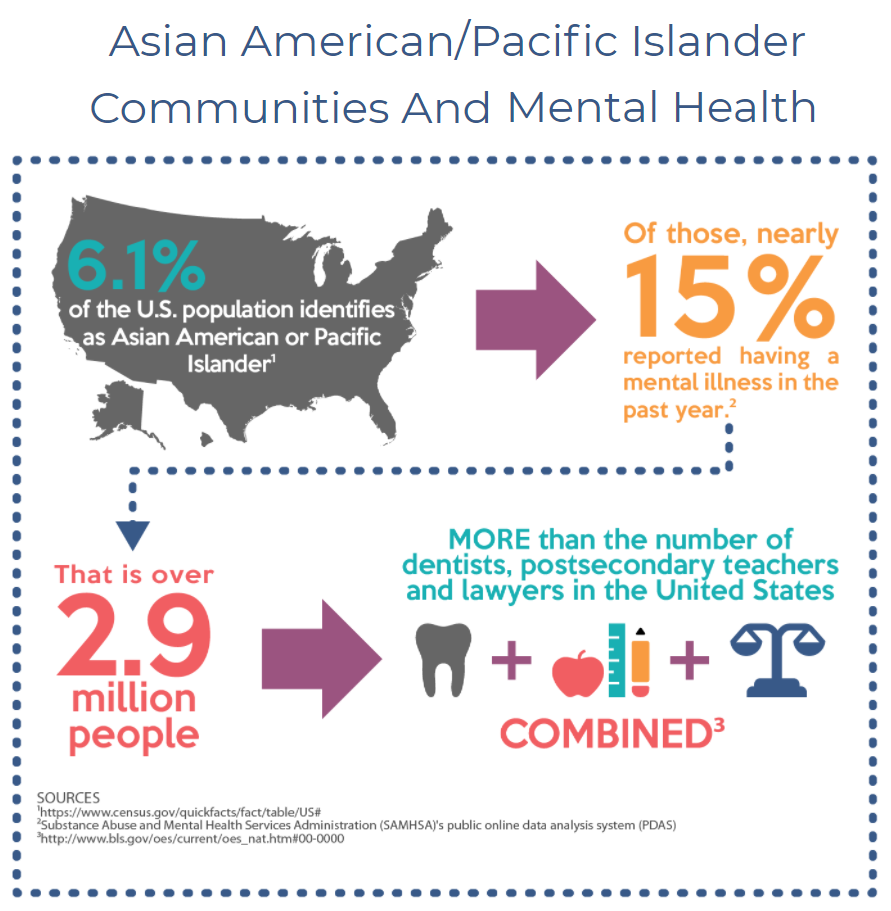
About the author
Françoise Lartigue is the Director of Content at ParentPowered. She began her career teaching kindergarten in the South Bronx through Teach for America, and has ten years of experience working in both the public and private sector. Most recently, she worked with the Flying Cloud Institute to design and implement STEM and STEAM based units for elementary classrooms. Francoise has a Master’s Degree in Early Childhood Education from Bank Street College.



